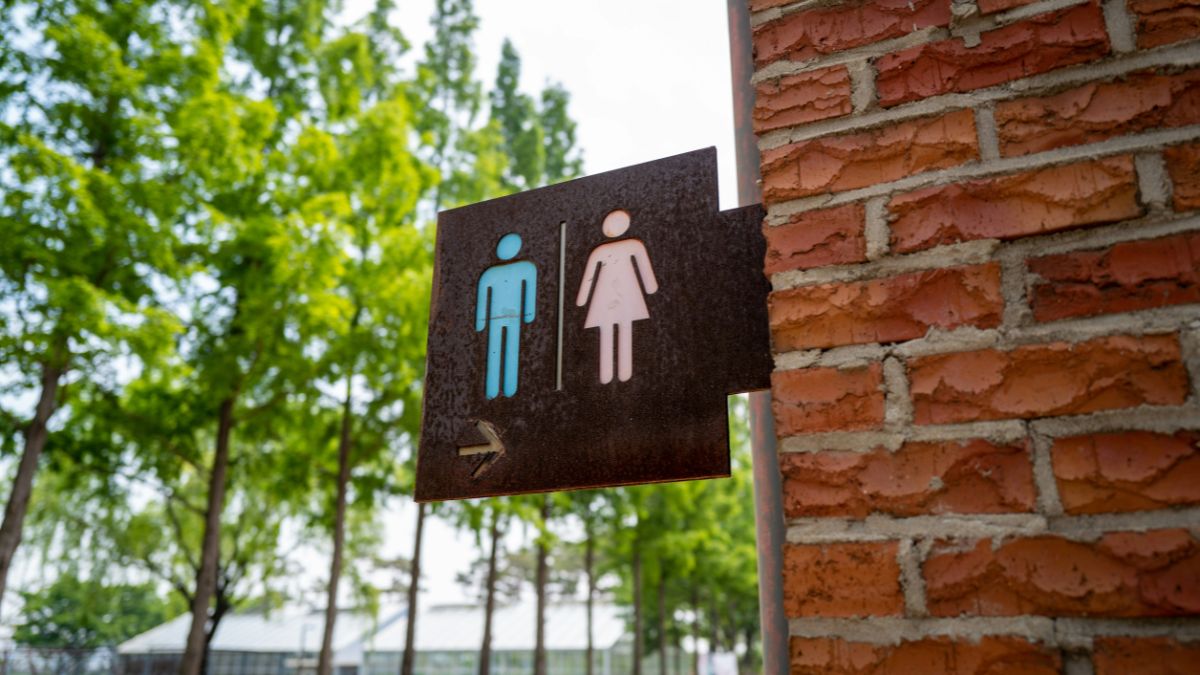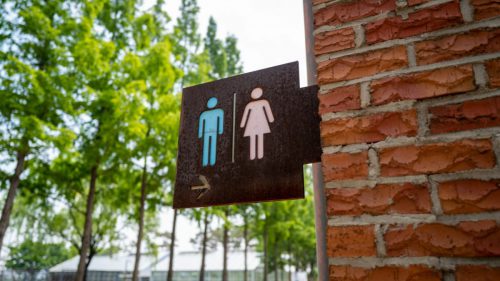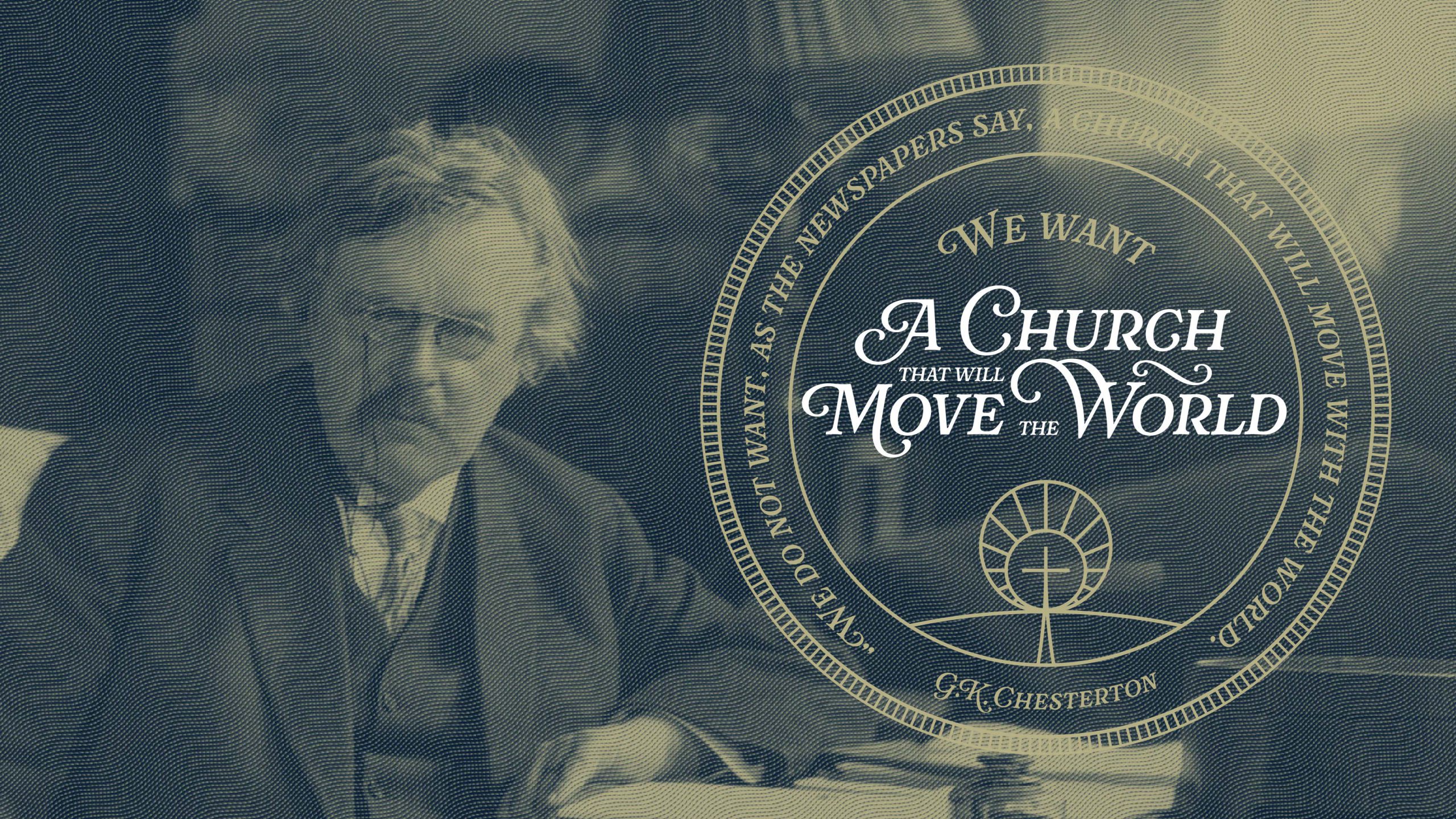

BreakPoint
Dual Citizenship
Today is the sixtieth anniversary of the Japanese attack on Pearl Harbor -- the event that launched America into the Second World War. I happen to be old enough to remember the shock of that attack -- and the surge of patriotism that followed. We see the same kind of fervent patriotism today. In the wake of the terrorist attacks, flags have appeared everywhere, sometimes in odd places: Flapping madly from car windows, dangling from dog collars, and decorating Christmas trees. Even during World War II, I don't recall so much quiet, determined patriotism. Is this kind of behavior appropriate for Christians? The Bible says we are sojourners in this land, merely passing through. So can we be fervent patriots and good citizens in God's kingdom at the same time? It's a question Christians have grappled with for two thousand years -- a tough balancing act. On the one hand, you can't withdraw from the world and pretend we are somehow dwelling in heaven now; nor can we uncritically embrace an often sinful world. In a sense, we live, as Augustine put it, in two cities. And it was Augustine who told us how we can reconcile our dual citizenship. Christians are commanded to love the whole world. But, of course, that's utterly impractical. No finite human being could possibly love 6 billion other people. So God has placed us in concrete relationships in one corner of the world where we can learn to love. As Augustine put it, it's as though God had cast lots and assigned each one of us to a particular family, church, and country. We are to pay "special regard" to those around us, being godly citizens of whatever kingdom we are in. So the best way to express patriotism is by loving those around us -- and that means defending them. This kind of love is good for society. If children, parents, kings, judges, taxpayers, and tax collectors reflected all that Christianity teaches, the result, Augustine argued, would be "the salvation of the commonwealth." This beautifully captures the essence of Christian responsibility within the state. On the one hand, we should be, as Augustine put it, the best of citizens, because we do out of the love of God what others do only by force of law. On the other hand, we don't deify our country or wrap the flag around the cross. Our ultimate citizenship is in heaven, and that's where our ultimate allegiance is. So, okay, decorate our cars with flag decals. The war against terrorism passes the test of a "just war," if any ever did. But our job also is to help our fellow Christians understand how our heavenly citizenship drives our earthly patriotism. To a Christian, patriotism covers all of life, not just serving in the military, but shoveling snow off the porch of an elderly neighbor, or taking a casserole to a family that just welcomed a new baby. It's looking out for the neighbors' kids -- and it's demonstrating at the local abortion clinic. So go ahead -- get out the flag. It's especially appropriate today as we remember those who died at Pearl Harbor sixty years ago. Augustine might not have approved of dangling the flag from a dog's collar, but he certainly would have approved of the spirit behind it: A loving expression of our dual citizenship. For more information: Augustine of Hippo, THE CITY OF GOD (Modern Library, 2000).
09/8/06















